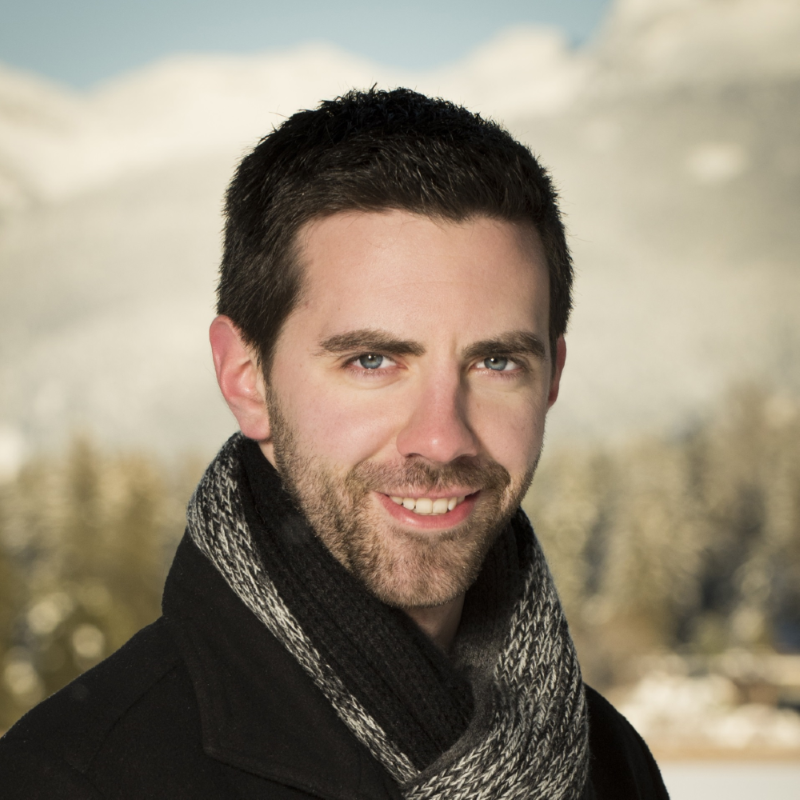The 737 MAX: Human Factors in Complex Systems
Human factors design is a critical component of all complex systems. This case study on the 737 MAX demonstrates the risk of neglecting it.
In 2011, realizing it desperately needed to offer a competitive product to Airbus' A320neo, Boeing embarked on a project to upgrade its legendary 737 aircraft to match the A320neo's efficiency. Limited by the constraints of the 737's original design and their desire to minimize training needed by pilots to fly the new aircraft, engineering compromises were made. 346 deaths later, we have all been reminded of the importance of rigorous design processes and the need to engineer systems for the realities of the end users and their environment. This talk discusses the core principles of human factors design for complex technological systems and takes a deeper look at what may have gone wrong in Boeing's process. The lessons learned are directly applicable to all types of technology, from web interfaces to mission-critical infrastructure deployments.
Keynote
Saturday, 2019-10-12 @ 10:15
>
Skill level: elementary
>
Duration: 60 min
Kyle Kotowick
Kyle is the founder of a Canadian consulting and development firm focusing on prototype and POC development for complex systems. He holds a Ph.D. in Human Systems Integration from MIT's Department of Aeronautics and Astronautics, which he completed in the Computer Science and Artificial Intelligence Laboratory. He has served as a consultant, architect, and developer for global firms, startups, and universities; as the Director of Information Technology for an ambulance service; and as a researcher for military navigation systems and for life support systems in space. He specializes in working with enterprise clients to define requirements and explore possible solutions, as well as in leading the development of project architecture, cloud services, and back-end software. He volunteers as a team leader and technology specialist for World Health Organization Emergency Medical Teams deployed to disaster zones, and has a passion for exploring the uses of technology in high-risk environments.




